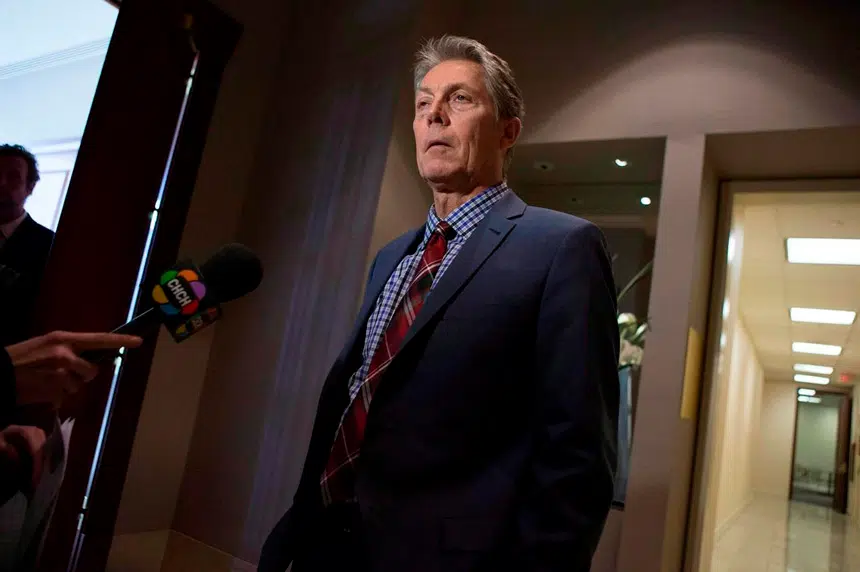By Colin Perkel
TORONTO — A unilateral decision by Premier Doug Ford to slash the size of Toronto’s city council in half has dismayed at least one other big city mayor in Ontario.
In an interview from Hamilton, Mayor Fred Eisenberger denounced Ford for announcing out of the blue his plan to legislate the change in the province’s largest city without any feedback from either local politicians or citizens just months before municipal elections take place.
“I’m shocked and surprised that at this late hour, that such a dramatic change was proposed or was to be made, certainly without any public consultation, which is the most egregious part,” Eisenberger said in an interview on Friday.
“Just to do this, without any of that, seems to me undemocratic and unhelpful in terms of providing the public at large an opportunity to have their say.”
Like many other local governments in Ontario, including Toronto, Hamilton has been through amalgamation and ward changes, the mayor said. The city, after amalgamation in 2000, went from 78 councillors in six municipalities to 16 — including the mayor — in one. For the coming election, one ward has been scrapped and another created.
All of this was done only after “extensive” public engagement, Eisenberger said.
Under planned and approved ward changes, Toronto was to have had 47 councillors after October’s election, up from 44. The change would have left undisturbed the approximate ratio of one councillor to roughly 61,000 residents.
Ford, who never mentioned the Toronto plan during last month’s provincial election, said on Friday that for Toronto to have nearly four dozen councillors is excessive and that he would legislate the number at 25 — almost doubling the ratio of councillor to resident to well over 100,000 — far higher than say the one-to-45,000 in Hamilton.
The Progressive Conservative premier said it would make the city run more efficiently and save millions of taxpayer dollars.
Toronto Mayor John Tory called Ford’s action an affront to democracy and said the change was being “rammed down our throats.”
Eisenberger said cutting the number of Toronto councillors makes some practical sense in terms of governance.
“Sixteen is difficult enough; working with 47 would be virtually impossible,” he said. “The way it’s been done, though, and not giving the people an opportunity to have their voice heard on that issue is undemocratic and unfortunate.”
The Association of Municipalities of Ontario refused to comment on Ford’s planned course of action, saying it didn’t discuss issues related to individual local governments, and that Toronto has its own special relationship with the province.
Eisenberger said he hoped Ford’s declaration didn’t mean the all-important working relationship between municipalities and the provincial government to which they are largely beholden was headed for difficult times.
“I would hope it’s not a dictatorial approach but a collaborative one,” Eisenberger said. “Signs like these aren’t positive ones in terms of that direction.”







